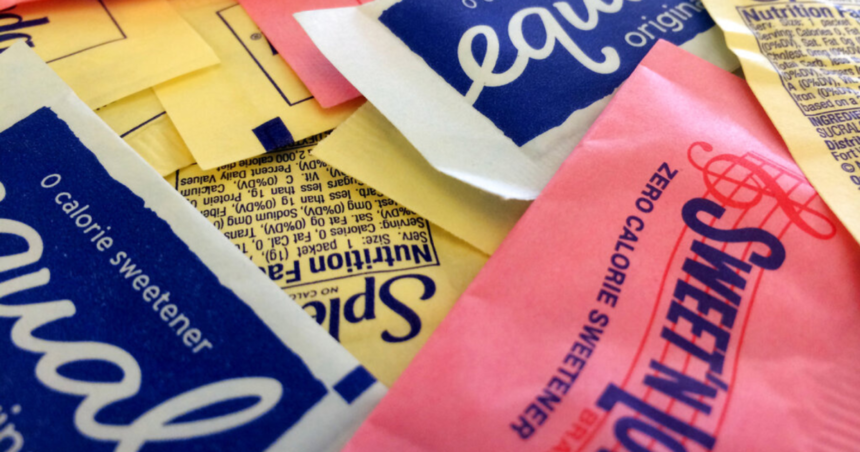A recent study has revealed that individuals who consume high levels of the sweetener xylitol are at an increased risk of heart attacks, stroke, and even death. This research was published in the European Heart Journal on Thursday.
Xylitol is categorized as a sugar alcohol and is naturally occurring but is also commercially produced as a food additive to provide a sugar-like taste without causing spikes in blood sugar levels. It is a common ingredient in various everyday products such as toothpaste, gum, vitamins, and reduced-sugar foods.
If you are conscious of your sugar consumption, you may have come across xylitol on the labels of packaged foods as “calorie-free,” or suitable for a keto or diabetes-friendly diet.
Research conducted on over 3,000 individuals found that those with higher levels of xylitol in their blood were more likely to experience heart attacks or strokes within a three-year period. Additionally, participants who consumed a beverage sweetened with 30 grams of xylitol were found to be significantly more prone to blood clots.
“This is essentially made from sawdust, or wood pulp. It’s quite deceptive,” stated Dr. Stanley Hazen, co-section head of preventive cardiology at Cleveland Clinic and co-author of the study, in an interview with Scripps News.
Health
Eating highly processed foods can cause early death, study finds
11:07 AM, May 09, 2024
Dr. Hazen cautioned that individuals who frequently consume high amounts of xylitol, such as diabetics, are at the greatest risk.
“Sugar is a safer choice compared to a sugar alcohol, particularly for individuals at an elevated risk of heart disease,” he emphasized.
Dr. Hazen pointed out that while toothpaste and gum containing xylitol for cavity prevention are relatively safe due to the small quantities used and the fact that they are typically not ingested.
Although the FDA considers sugar alcohols “generally recognized as safe,” Dr. Hazen recommends avoiding them altogether.
“The temporary high blood sugar levels after consuming a diabetic cookie or candy pose a risk, so I would advise complete avoidance,” he added.
Similar results were discovered by the same researchers last year regarding another low-calorie sweetener called erythritol, indicating the necessity for further investigation regarding the safety implications of sugar alcohols.
The World Health Organization also issued a warning last year regarding the long-term use of non-sugar sweeteners, cautioning that it could lead to an increased risk of Type 2 diabetes, heart disease, and mortality.





